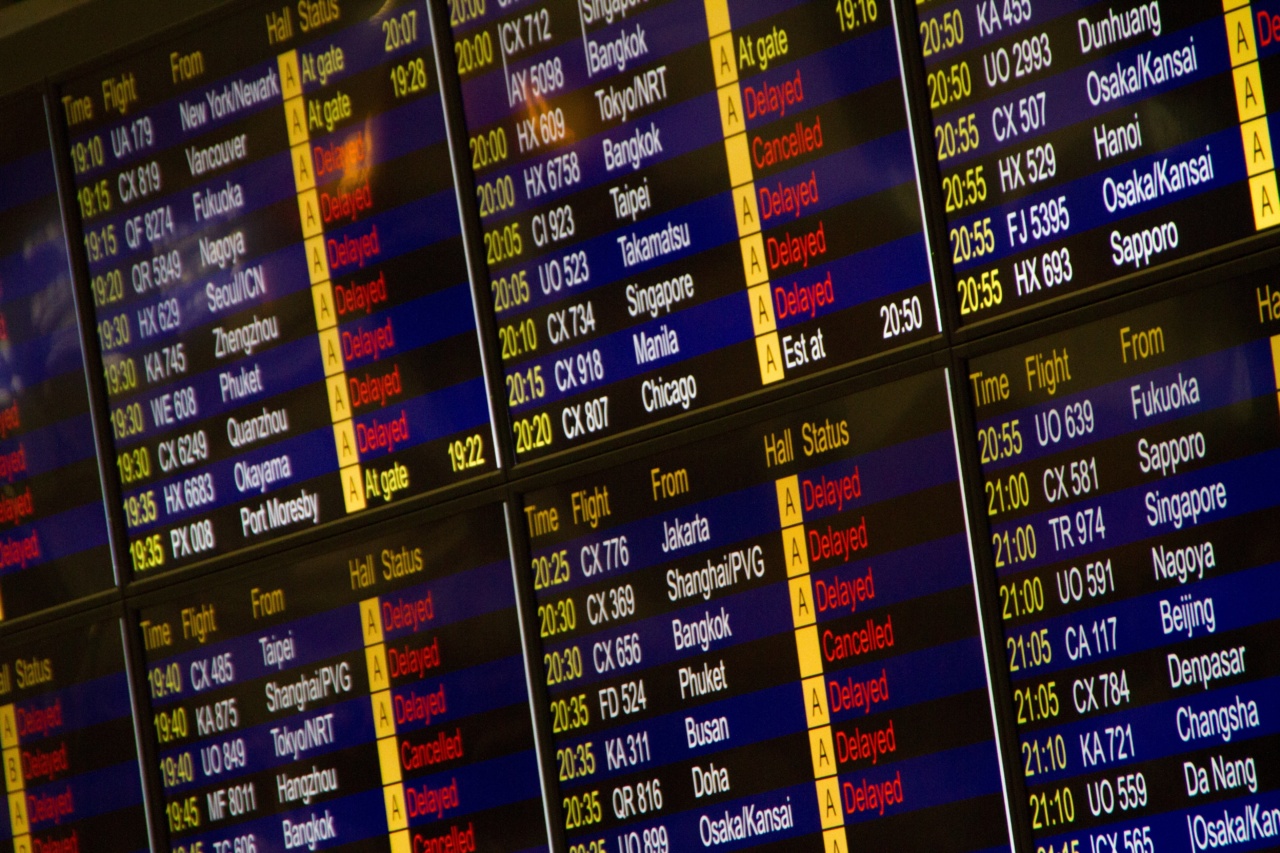Heart attacks are one of the leading causes of death globally. It occurs when the flow of blood to the heart gets blocked. Studies have shown that the time of day can significantly impact the occurrence of heart attacks.
In this article, we will examine the connection between the time of day and heart attacks.
Morning Heart Attacks
Blood pressure rises in the morning; for some people, it rises sharply and suddenly upon waking up. As a result, there is a higher chance of having a heart attack in the early hours of the day.
According to research, the most common time of day for heart attacks is in the morning, specifically between 6:00 am and noon. Several factors could contribute to this, including increased stress or physical activity upon waking up, as well as the activation of the sympathetic nervous system, which regulates the body’s response to stress.
Why are Heart Attacks More Likely in the Morning?
There are several reasons why heart attacks are more likely to occur in the morning. One possible factor is the body’s internal clock, or circadian rhythm.
Our internal clock helps regulate various bodily functions, including blood pressure, heart rate, and the release of certain hormones, and it is set to anticipate the start of the day through exposure to light. This biological clock appears to affect how the body responds to a heart attack.
The sympathetic nervous system controls the “fight or flight” response necessary when exposed to stress.
It is more active during the day and less so at night, where the parasympathetic nervous system slows down heart rate and blood pressure. Research has found that activation of the sympathetic nervous system appears to increase the risk of heart attacks.
Other morning-specific causes of heart attacks may include increased physical activity in the morning, leading to a surge in blood pressure.
Additionally, increased stress levels in the morning, such as rushing to work, can increase the risk of heart attack.
Nighttime Heart Attacks
While heart attacks can occur at any time of day, nighttime heart attacks are particularly dangerous, with a higher risk of death than daytime heart attacks. The reasons for this are not yet fully understood.
One possibility is that sleep disturbances may cause abnormalities in heart function, leading to an increased risk of heart attack. For example, sleep apnea, a condition where breathing repeatedly stops and starts during sleep, is a known risk factor for heart disease and heart attack.
Similarly, the body’s circadian rhythm may also play a role. Blood pressure tends to drop overnight, with a corresponding decrease in heart rate and the activity of the sympathetic nervous system.
This natural dip may make it harder for the body to respond to a heart attack, leading to a higher risk of complications.
What to Do
While the time of day may only be one of many factors that contribute to heart attacks, it’s essential to be aware of how your body responds to changes in physical or emotional stress.
Knowing about risk factors and potential symptoms of a heart attack and taking appropriate measures can help reduce the likelihood of a heart attack.
Those who have an increased risk of heart attack – such as those with high blood pressure, high cholesterol, diabetes, age over 55 – should be extra vigilant about their health and work with their healthcare providers to manage their risk factors.
In conclusion, the time of day is an essential factor to be mindful of when it comes to heart attack risk. While the risk is elevated in the morning, it doesn’t mean that heart attacks cannot occur at any other time.
By being aware of risk factors and symptoms, we can take steps to stay healthy.





























